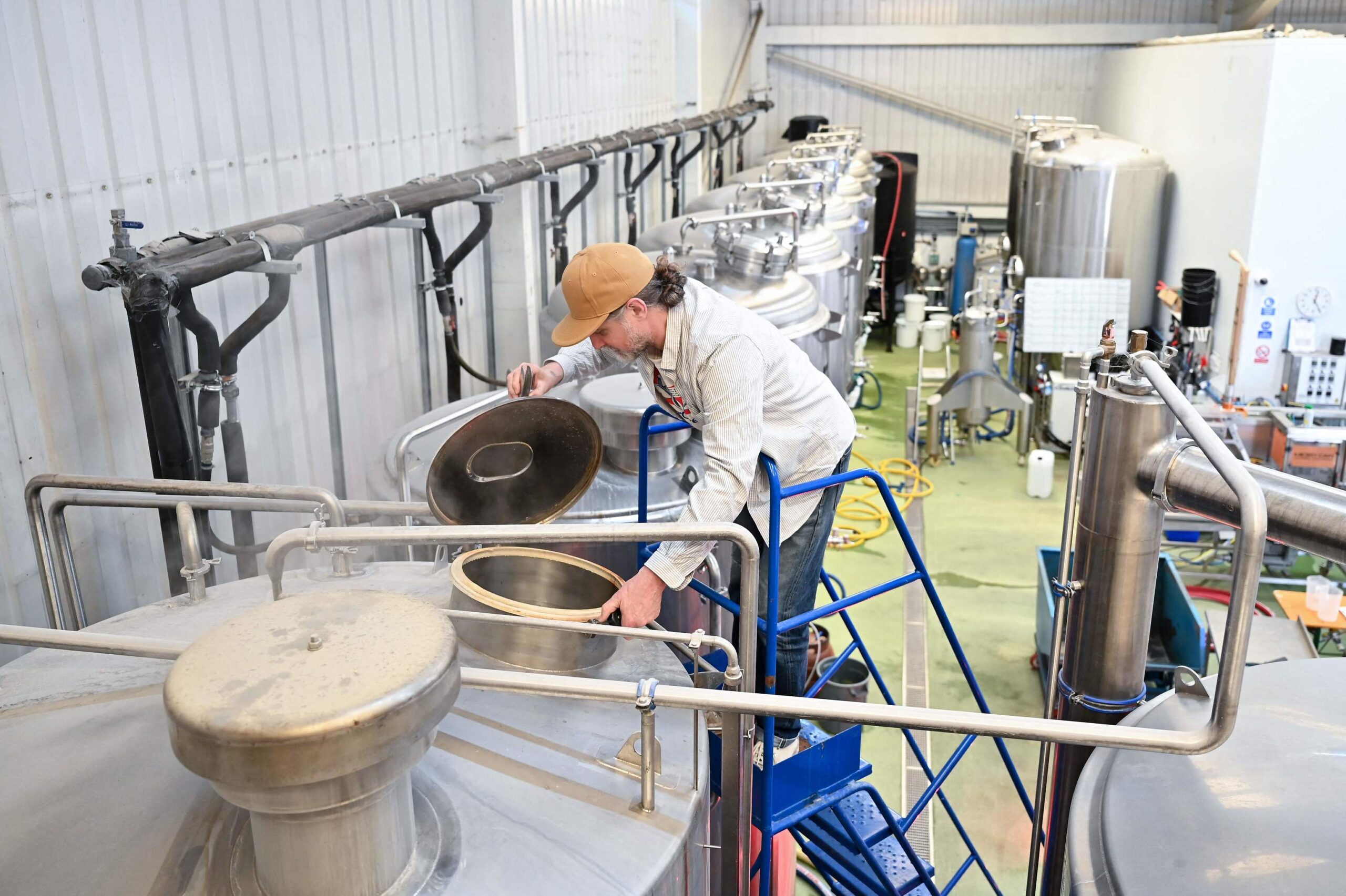“You could volunteer or learn a new skill” like particle physics or spend more time with family, says Louis Bloomsfield, one of the British employees who will test the four-day workweek on a large scale in June.
“You can do a lot with an extra day,” the 36-year-old brewer enthuses, inspecting kegs.
The north London brewery where he works, Pressure Drops, will be integrated from June into a gigantic trial involving 3,000 employees from some 60 companies working four days a week.
The trial, billed as the world’s largest workweek reduction, aims to help companies reduce their workweek without cutting wages or income.
Similar trials have been carried out in Spain, Iceland, the United States and Canada, and are scheduled to start in August in Australia and New Zealand.
Alex Soojung-Kim Pang, program director at 4 Day Week Global, the group supporting the trials, says the six-month UK trial will have the benefit of giving companies more time to experiment and collect data.
Adaptation should be easier for SMEs, which can implement major changes more quickly, he tells Afp.
For Pressure Drop, the goal is to increase employee productivity and well-being while helping to reduce the company’s carbon footprint.
The Royal Society for Biology, which is also involved in the trial, says it wants to give employees “more autonomy over their time and work patterns”.
Like Pressure Drops, it hopes a shorter working week could attract new hires and, more importantly, help retain the best, in a particularly tight British job market, with unemployment at its lowest level in almost 50 years and a record of 1.3 million vacancies, higher than the number of job seekers.
The brewery’s founder, Sam Smith, thinks that staying closed for three days a week would pose difficulties.
“We need to be open all the time, but that’s what we’re going to study during the test,” he explains.
He is looking into giving different employees different days off during the week and working two shifts to keep the brewery running continuously.
A shorter working week is easier to implement in the service sector, and the UK has an advantage in this regard, with the service sector accounting for 80% of its GDP.
But for industries like retail, food and beverage, it’s more complicated, adds Jonathan Boys, an economist at the Institute for Personal Development, an association for human resource professions.
He believes that the biggest challenge will be measuring productivity, especially in a service economy where much of the work is qualitative and less easy to quantify than factory output.
“If you go from five days to four, you lose a day of work, and that means you lose production. So the real question is: (…) is production going to make up for that day that is lost? ( …) If it doesn’t, then we’re going to have a very hard time maintaining the four-day week without sacrificing growth.”
But for Aidan Harper, co-author of a book promoting the four-day work week (The Case for a Four Day Week), countries that work less tend to have higher productivity.
“Denmark, Sweden and the Netherlands work less than the UK and have high levels of productivity,” he stresses.
On the contrary, he adds that Greece is one of the countries in Europe with the most working hours and low productivity.
For Phil McParlane, founder of the recruiting company 4dayweek.io, a shorter workweek is a win-win for companies and employees alike. He even calls it a “recruitment superpower.”
His recruitment company, which specializes in flexible, four-day-a-week jobs, says the number of companies wanting to hire through its platform has jumped from 30 to 120 in the last two years, reflecting the rise of flexible work and the search for a better quality of life after two years of the pandemic.
Conforms to The Trust Project criteria
















